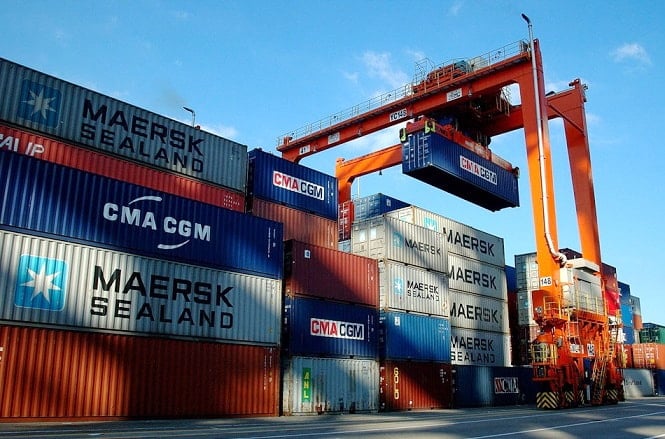Ghana’s current economic landscape is characterized by a significant dependence on imports, a situation that poses a substantial threat to the nation’s industrial prowess and economic autonomy. Approximately 80% of essential goods are sourced from external markets, with the textile industry alone accounting for an annual expenditure of around $1.5 billion. This reliance on foreign products undermines domestic production capacity, stifles job creation, and contributes to a persistent trade deficit. The country’s leadership, recognizing the urgency of this issue, is spearheading initiatives aimed at revitalizing local industries and promoting export-oriented growth. The revival of Ghana’s industrial sector is not merely an economic imperative but also a matter of national pride, harking back to a time when the country was a manufacturing hub in West Africa.
The “Volta Corned Beef” brand, once an internationally recognized symbol of Ghanaian ingenuity, exemplifies the nation’s past industrial achievements. This product not only garnered global acclaim but also attracted foreign companies eager to learn from Ghanaian expertise. Similarly, Ghana pioneered the production of transistor radios for West Africa and manufactured Sanyo color televisions, demonstrating the country’s technological capabilities and entrepreneurial spirit. These historical successes serve as a potent reminder of Ghana’s potential and provide a blueprint for future industrial resurgence. The 24-Hour Economy initiative aims to reignite this industrial spirit by leveraging existing talent and resources to recapture Ghana’s position as a manufacturing powerhouse.
The Volta Economic Corridor stands as a cornerstone of the 24-Hour Economy vision, designed to integrate multi-modal transportation across the Volta Lake, enabling the efficient movement of over 8.2 million tons of goods annually. This enhanced logistical capacity will not only facilitate domestic trade but also bolster Ghana’s competitiveness in regional and international markets. The initiative further incorporates plans to expand irrigation schemes, promoting large-scale cereal and vegetable production, both for domestic consumption and export. By capitalizing on these opportunities, Ghana aims to tap into the lucrative $1.3 trillion West African market, fostering economic growth and creating employment opportunities.
The revival of industries like Volta Star Textiles holds significant social and economic implications, offering renewed hope for communities and households. The textile sector, once a major employer with over 25,000 workers across 16 companies, contributing approximately 12% to the nation’s GDP, has experienced a dramatic decline. Today, only three textile companies remain operational, and Volta Star itself has fallen silent. The revitalization of this sector is crucial not only for economic diversification but also for restoring dignity and livelihoods to countless families. Organized labor has pledged unwavering support for this industrial revival, emphasizing the importance of upholding labor rights and ensuring fair working conditions for employees.
A comprehensive $100 million business plan has been submitted to revive the Juapong-based Volta Star Textile factory, with scalable investment options starting at $25 million. This plan outlines a phased approach to revitalizing the factory, incorporating modern technology and sustainable practices to ensure its long-term viability. The initiative has garnered support from various stakeholders, including the government, the Volta Regional Minister, and President John Dramani Mahama, who has demonstrated a personal commitment to restoring the textile industry. The concerted effort to revive Volta Star symbolizes a broader national commitment to industrial renewal.
The 2025 Volta Trade and Investment Fair, themed “Volta Rising: Building Global Partnerships for a Thriving 24-Hour Economy,” serves as a crucial platform for promoting investment and partnerships. This event not only showcases the Volta Region’s potential as a hub for national productivity and growth but also embodies a national call to action. The fair aims to attract both domestic and foreign investment, facilitating the revitalization of local industries and positioning Ghana as a key player in the global economy. The emphasis on building global partnerships underscores the importance of international collaboration in achieving sustainable economic growth and development.


